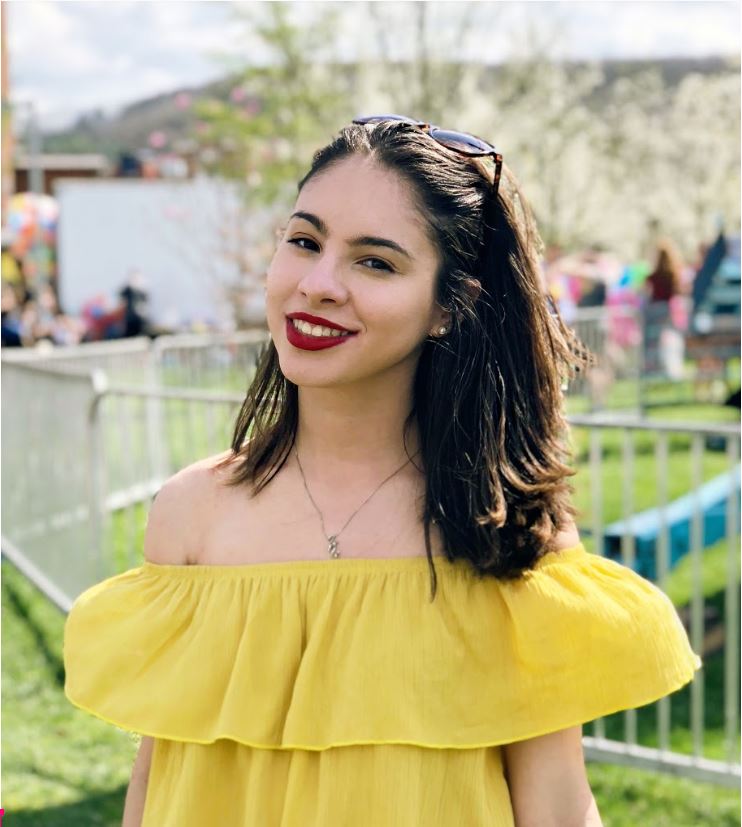 |
Rebekah GoetzInvestigating Conserved Genes Impacting Biofilm Growth and Development |
|
|
Today we are featuring Summer Scholar, Rebekah Goetz, a Junior in Cell-Molecular Biology. Goetz began her study of biofilms (bacteria that have attached to a surface and grow as a community) in the Freshman Research Immersion Program where she worked under a postdoctoral student. She explains that, “FRI is three semesters long, but by the time you do get to run your own project, it’s only one semester. I felt like there was so much more to this project... it was something I wanted to see through, so I went back and I talked to Dr. Sauer and I was like: “I’m really interested in this and Dr. Light is willing to keep me over in the FRI lab, could I keep working on this?””. Goetz wanted to see if there were certain shared genes across different biofilm species. If she could isolate one gene responsible for the growth and development, she might be able to identify an effective way to treat them since, compared to individual bacteria, biofilms are up to a thousand times more resistant to current antibiotics. Although she was working on this project autonomously, Goetz credits the program, explaining that “The research center, I thought, was so helpful in the community that they created over the summer, I really did enjoy the fact that there were other Summer Scholars here, going through similar experiences... Hearing from other students and [seeing] how passionate they were about their projects really infused in me a passion to continue with mine.” Though Goetz has completed her summer research, She is now working in the ITC lab with a PhD student, working on the molecular and genetic side to figure out if the genes are similar enough to be interchangeable. Already their work has been recently featured on a poster at the ASM Biofilm Research conference in D.C..
|
||